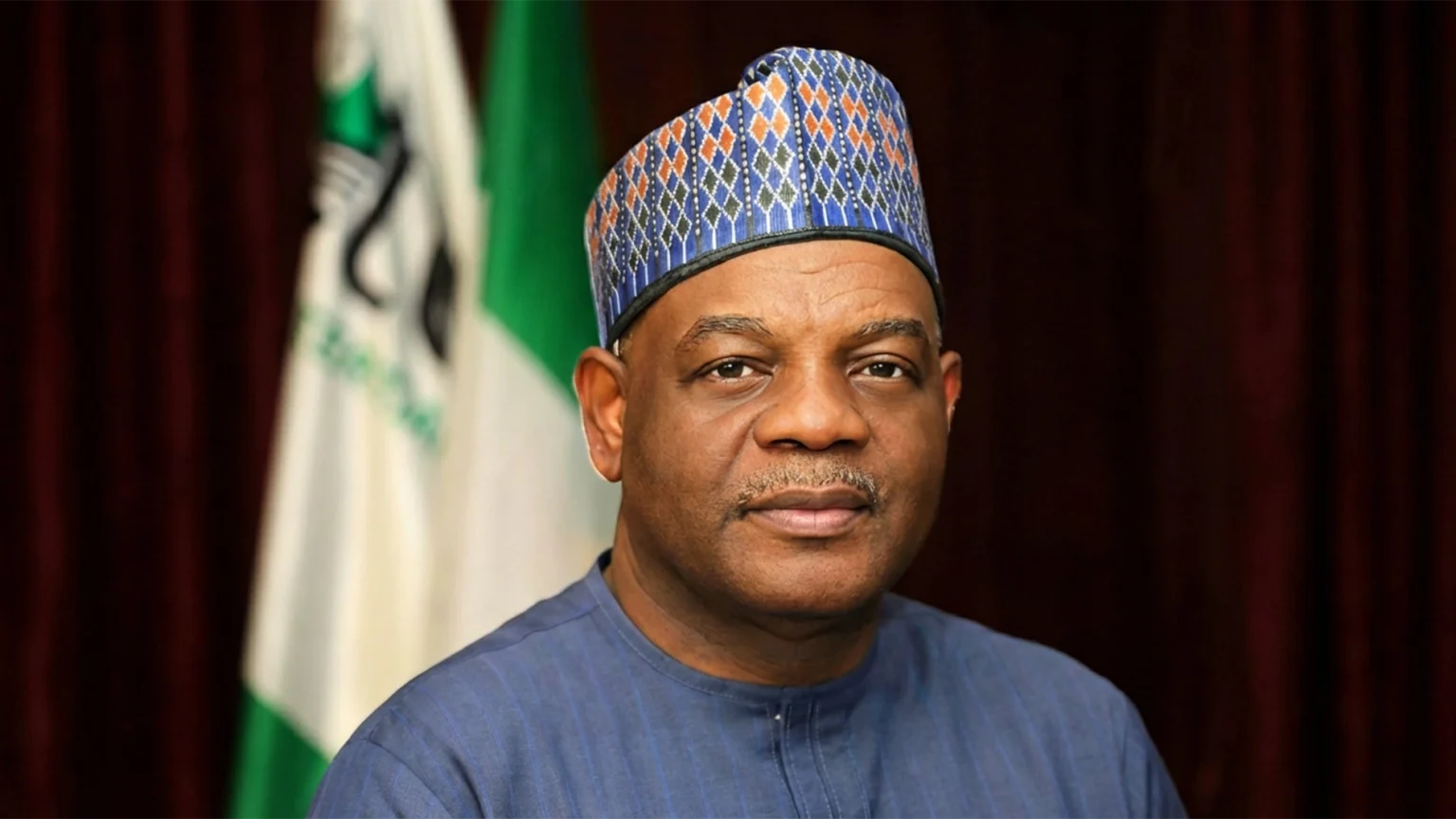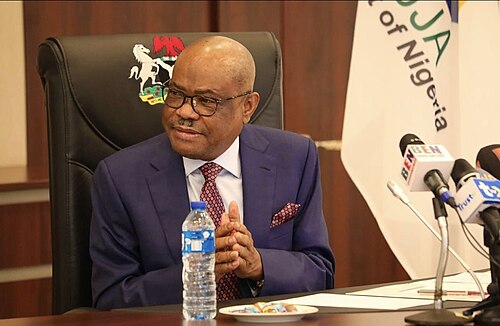The continued #EndBadGovernance protests in Nigeria, now on its fifth day as of 5th August 2024, have taken a new disturbing twist, with the emergence of Russian flags among the protesters. This incident led to much online debate and raised concerns over foreign infiltration and motives behind what the protesters were doing. The Nigerian government and security operatives, in response, are now arresting people and sounding alarms, ushering in new alignments for the unfolding unrest.
The protesting masses were even seen waving the Russian flag in major cities of Nigeria like Kano, Kaduna. In videos that were disseminated all over the internet, including X, formerly Twitter, one can see people chanting “Welcome Russia, Welcome Russia” in Hausa, while holding the Russian flag. Thus, one can see from the flags that this is symbolic and represents a desire for a firm and strong hand in governance, just like President Vladimir Putin’s reign.
In Kano, some of the protesters were recorded to have carried Russian flags and were shouting to the rest to call Putin to come and assist in Nigeria. This has historical dimensions, as Russia, read USSR, played a bigger role in Nigeria’s affairs during the Civil War by supplying weapons to the federal government.
Following the display of Russian flags, Nigerian Police Force alerted the public concerning the arrest of 31 individuals who were charged with “treason.” They include 30 person in Kaduna and one person in Kano, who was reportedly going about the towns and calling for various persons to collect the flags to start distributing the same. According to Force Public Relations Officer ACP Muyiwa Adejobi, criminals in the ranks portray an impending element of anarchy as these are not protesters. The number of total arrests associated with the protests increased to 873 from the weekend’s number of 861.
Adejobi stressed that these arrested were involved in rioting and armed robbery, not legitimate protest. He also repeated the line that there was a world of difference between legitimate protesters and miscreants involved in criminal acts and that the police and other security personnel have conducted themselves in line with rules of engagement in the #EndSARS.

Speaking in a national broadcast, President Bola Tinubu warned protesters not to allow the ‘enemies of democracy’ to use them to overthrow his government. The president did not, of course, specifically mention Russia, but the warning has been taken both within and outside the country to suggest possible foreign influences in the protests. Disclosing earlier, the Department of State Services revealed foreign influence behind the protests, insinuating that regime change was the goal.
Adejobi, speaking out in a joint press briefing held at the DSS headquarters, also addressed the allegations of using live bullets during the protests, particularly at the MKO Abiola Stadium. He added that the police have not been using live bullets against the protesters and that acceptable rules of engagement have been religiously followed, devoid of excessive force. He added that proper terminologies will also be used not to make enormous errors because of misinterpretation of words.
By waving Russian flags during the protests, a number of implications were raised both at home and abroad. It is a symbolic display of strong frustration and disenchantment with the Nigerian government. Perceptive eyes could see this act of flag-waving as a metaphorical plea for a tough leader, for Putin is often regarded as a tough and decisive leader. This is a source of felt need for very strong governance in Nigeria.
On an international level, the affixing of Russian flags could be interpreted to mean an open invitation to Russia to slowly but surely establish more influence in the political life of Nigeria – which happens to be an extension of geographical influence for most Western countries; especially the United States and the United Kingdom, which is the former colonial ruling power. This is also likely to worsen the ties between Nigeria and the West in matters of international aid, trade, and diplomacy.
Russia’s involvement has also been manifest in other African countries: Mali, Niger, Burkina Faso, and the Central African Republic. All these countries have faced regime changes and increased Russian influence, basically through the activities of the Wagner Group. These Russian flags in Nigeria raise concerns about new potential spheres of Russian influence and geopolitical competitions in the region.
Waving Russian flags may in fact polarize opinion in Nigeria. There are those who would see it as a genuine cry for help and others as very unpatriotic or misguided. Various media outlets and political forces would most likely use the incident to advance either anti-Nigerian government or other narratives of foreign intervention.

Calls for foreign intervention would increase the level of tension and might cause more instability. This would embolden other groups to reach out to external backers and thus further fragment the national discourse. The Nigerian government’s reaction might lead to increased actions toward tightening the hands on security or taking away certain civil liberties, leading to more disturbances and human rights matters.
Adejobi also noted that parading foreign flags on Nigerian soil is a treasonable offense. The police are profiling the arrested persons, and have continued investigations into the sponsors of the mayhem. The call for foreign intervention with the holding of Russian flags events raise questions on the real character and intentions of the protest
The #EndBadGovernance protests in Nigeria have exposed deep-seated frustrations with local governance and a longing for strong leadership. This further reinstates the dire straits within which the Nigerian government should raise to the occasion to identify the causes that lead to such protests and hold dialogue with the respective citizenry. Although it would never be easy, if the root causes of dissatisfaction are dealt with and constructive engagement with its citizens is practiced, then there will absolutely be good changes experienced in the country, rendering a sense of trust from these people and unity in essence important to the country.
SOURCES
- https://dailytrust.com/photos-russian-flag-spreads-across-protest-grounds-despite-tinubus-warning-against-coup/#google_vignette
- https://www.thisdaylive.com/index.php/2024/08/05/nigerias-protest-and-russias-expansionism/
- https://www.vanguardngr.com/2024/08/russian-flags-police-arrest-31-distributors-producers-in-kano-kaduna-others/amp/




